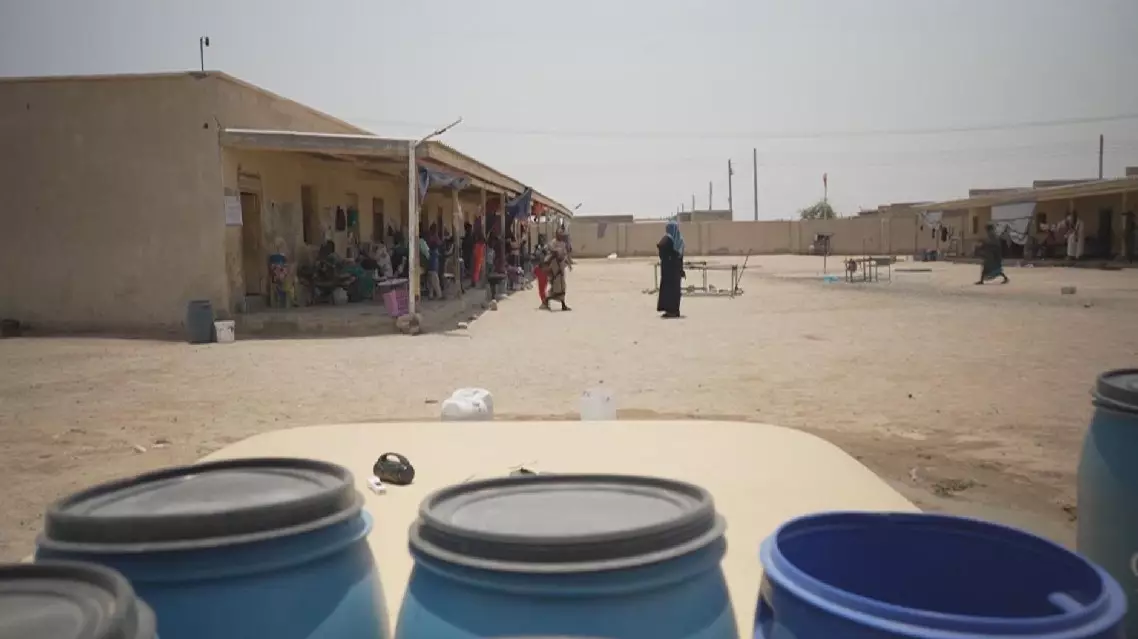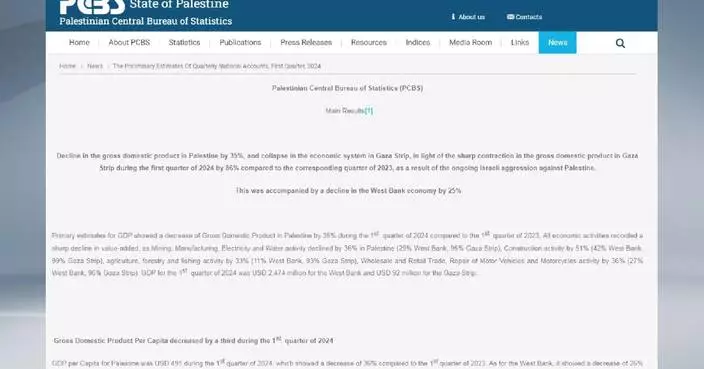The World Intelligence Expo 2024 closed at a ceremony held in north China's Tianjin Municipality Saturday.
With the theme of "Intelligence: Extensive Development Space, Sustainable Growth Driver," the expo opened on Thursday, attracting over 550 enterprises and organizations from 49 countries and regions to present their new products, new technologies and new achievements in a 100,000-square-meter exhibition area.
During the event, agreements on 103 key projects in the fields of new-generation information technology, automotive and biomedicine were signed, involving a total of 109.2 billion yuan (about 15.04 billion U.S. dollars).
In the meantime, 102 research reports and innovation results have been released at the expo, with 53 of them unveiled for the first time.
The four-day expo is co-hosted by Tianjin and southwest China's Chongqing Municipality, combining two events formerly known as the World Intelligence Congress in Tianjin and the Smart China Expo in Chongqing.
Exhibitions will continue on Sunday, and two competitions will be held on the sidelines, namely the 2024 RoboCup Asia-Pacific Tianjin Invitational Tournament and the 6th International Intelligent Sports Congress, according to the expo's agenda.

World Intelligent Expo concludes in Tianjin
The United Nations has warned that Sudan is facing the worst levels of acute food insecurity ever recorded by the Integrated Food Security Phase Classification (IPC).
The UN warning was issued in a report released on Thursday on its official website.
"Fourteen months into the conflict, Sudan is facing the worst levels of acute food insecurity ever recorded by IPC in the country. Over half the population (25.6 million people) face crisis or worse conditions(IPC Phase 3 or above)," said Rein Paulsen, Director of the Office of Emergencies and Resilience, Food and Agriculture Organization (FAO).
This includes 755,000 people facing "catastrophe" food insecurity (IPC Phase 5) in 10 states including Greater Darfur (all five states), South and North Kordofan, Blue Nile, Al Jazirah, and Khartoum. Another 8.5 million people, 18 percent of the population, are in "emergency" (IPC Phase 4).
"And there is a risk of famine in 14 areas, localities and clusters affecting both residents, internally displaced people, and refugees. And those 14 locations are found in greater than for Greater Kordofan, Al Jazeera states, and some hotspots in Khartoum," said Paulsen.
He noted that if the conflict escalates further, it will further disrupt "mobility, humanitarian assistance, access to markets and livelihood activities."
Sudan has been embroiled in a deadly conflict between the Sudanese Armed Forces and the paramilitary Rapid Support Forces since mid-April 2023, which has claimed more than 16,650 lives, according to the Sudan situation report updated by the UN Office for the Coordination of Humanitarian Affairs on June 24.
This latest IPC analysis marks a stark and rapid deterioration of the food security situation compared to the previous IPC update published in December 2023. Six months later, the number of people facing high levels of acute food insecurity has increased by 45 percent, including a 74-percent increase in IPC Phase 4, while the population in IPC Phase 5 (catastrophe) has surged from zero to 755,000 in the period from June to September 2024. Compared to the same time last year, the number of people classified in IPC Phase 3 or above has increased by over 50 percent.
The conflict has not only triggered mass displacement and disruption of supply routes, market systems and agricultural production, it has also severely limited access to essential humanitarian assistance, exacerbating an already dire situation.
The impact of conflict extends beyond food insecurity. Reports from various states highlight highly dysfunctional health services, water contamination and poor sanitation and hygiene conditions. Increased morbidity to water-borne diseases is expected to further reduce the absorption capacity of the little food available for children and adults.
Consequently, cases of acute malnutrition, which have already reached extremely high levels in some areas will likely increase. Moreover, the fast-approaching rainy season and expected floods will likely affect the agricultural season through the spread of pests and plant diseases, according to the report.

UN warns worst food crisis in Sudan










